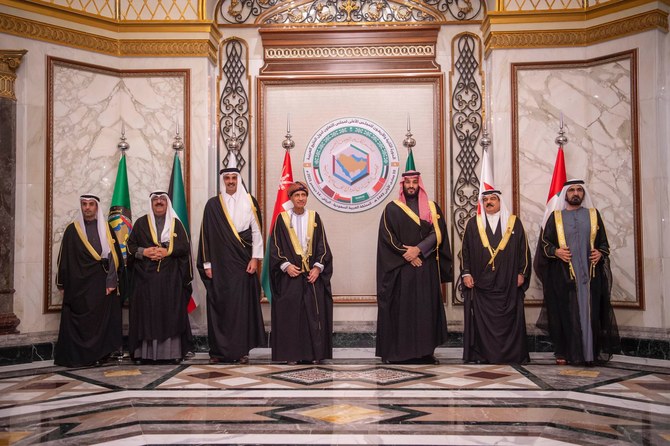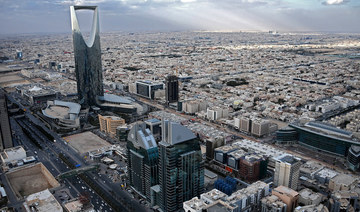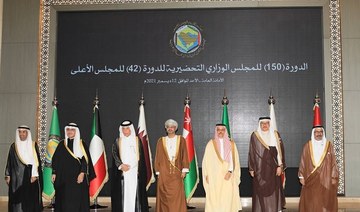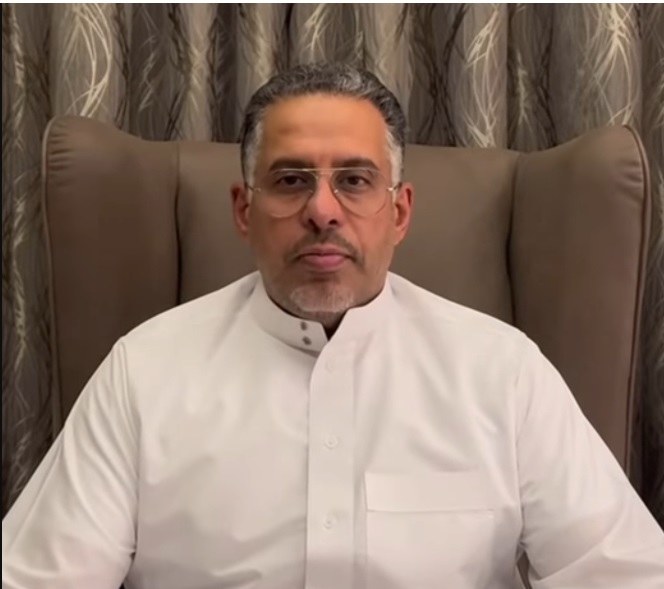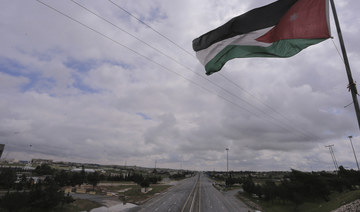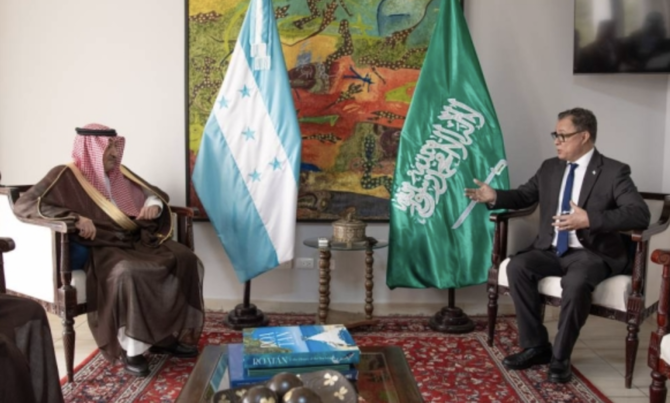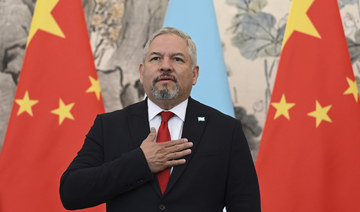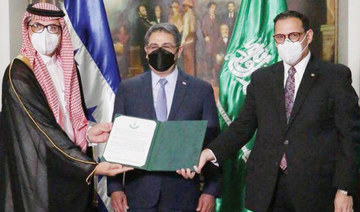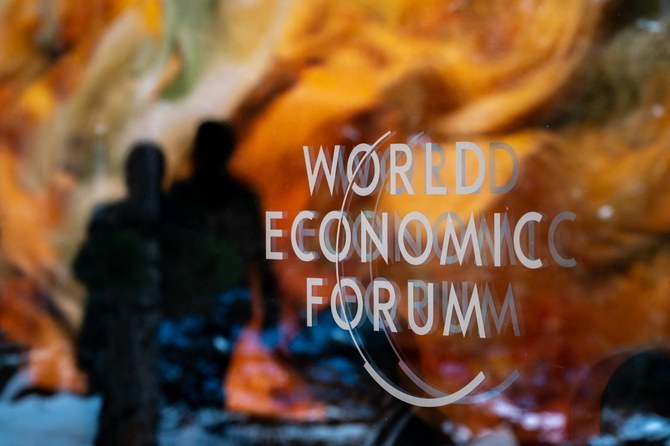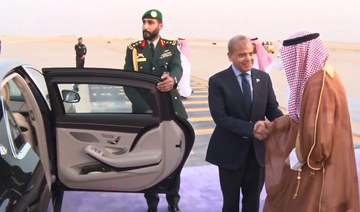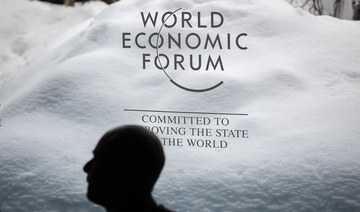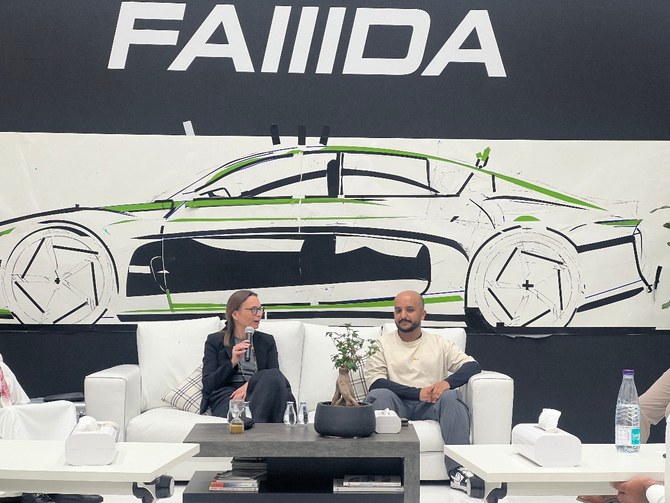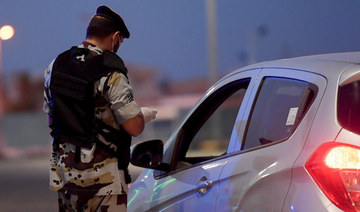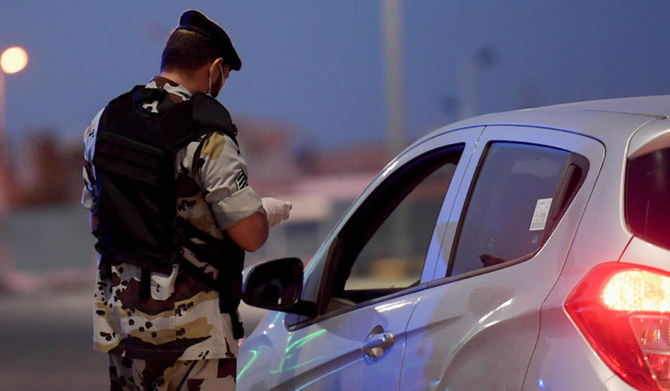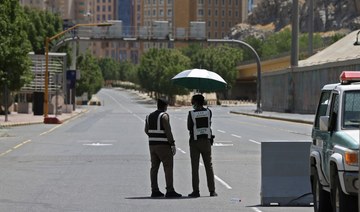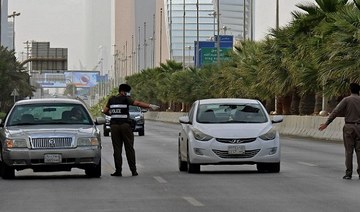RIYADH: Speaking at the conclusion of the 42nd GCC Summit on Tuesday, Saudi Arabia’s Crown Prince Mohammed bin Salman said the alliance would continue to play a role in strengthening security and stability in the Middle East region.
“We are looking forward today to building a prosperous economic bloc, and this requires creating a stimulating environment that depends on diversifying sources of income,” the crown prince said.
The final communique, read by Nayef Al-Hajraf, the GCC general-secretary, said further teamwork would be necessary to meet future challenges and highlighted the importance of strengthening opportunities for women and young people and for digital transformation in the GCC countries.
“The leaders agreed on principles and policies to develop strategic cooperation and economic development integration among the GCC states, and to achieve the aspirations of their citizens,” Al-Hajraf said.
Regional security and strategic relationships were uppermost in the minds of Gulf leaders as they completed last-minute preparations for the 42nd annual GCC summit, chaired by King Salman in the Saudi capital on Dec. 14.
Saudi Arabia presided over the summit, which came in the wake of Crown Prince Mohammed bin Salman’s tour of the Gulf states last week. Saudi Foreign Minister Prince Faisal bin Farhan said earlier that the summit comes at a delicate and sensitive time. The region’s security will be a key item on the agenda.
The summit is held every year to discuss integration and interdependence between the Gulf states in the economic, commercial, educational and cultural fields to enhance their development.
On Feb. 9, 1981, during the first session of the GCC summit, foreign ministers signed a document establishing the Gulf Cooperation Council, which included six Gulf states — Saudi Arabia, Bahrain, Kuwait, Qatar, Oman and the UAE. It is considered one of the most successful regional groupings focusing on future goals.
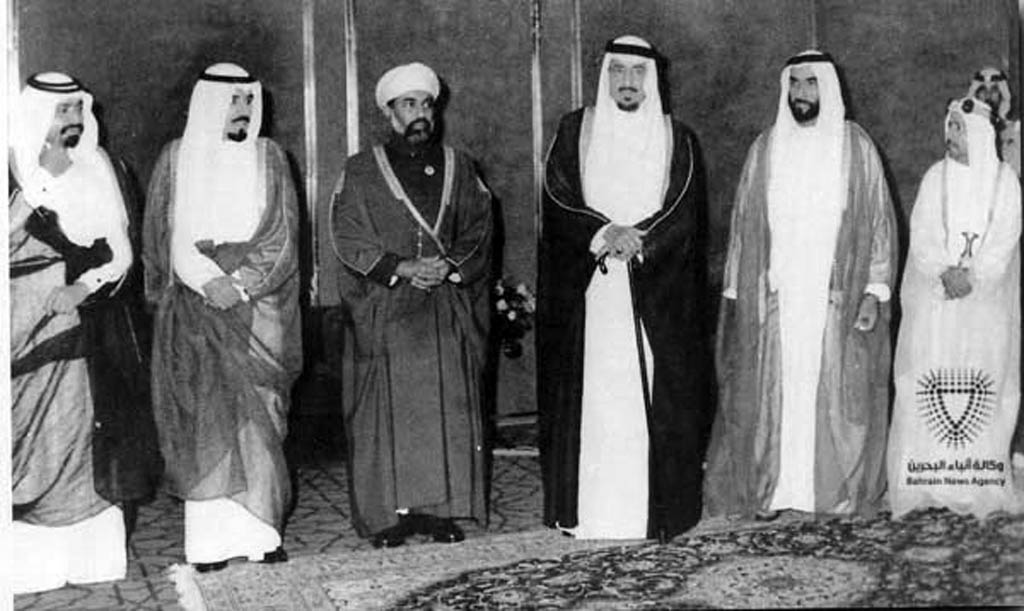
Six gulf countries, including Saudi Arabia, Bahrain, Kuwait, Oman, Qatar and the UAE, formed the GCC in 1981 to strengthen political and economic ties and common security through diplomatic cooperation. (Credit: Deutsch Federal Foreign Office)
“The GCC was established to promote security, stability, development, prosperity and wellbeing for the citizens of the Gulf countries. They are our basic wealth, and through them, they achieve our visions and hopes,” said King Salman.
In numbers, the GCC has managed to unify 68 Gulf laws and regulations, and 116 indicative Gulf laws and regulations. It has also established 42 joint Gulf institutions in technology and economic cooperation, and 26 Gulf organizations operating under the umbrella of the GCC. It has also agreed on 17 joint development agreements and strategies.
“Gulf countries always seek to enhance coordination and cooperation, and exchange experiences in all fields,” the Saudi Ambassador to Oman, Abdullah Al-Anzi, told Arab News.
In the past 40 years, the GCC has held 41 annual summits, four exceptional summits, 17 consultative summits and five joint summits.
GCC countries are at the top of the list of the 30 safest countries in the world amid the global pandemic.
“What has been achieved throughout the history of the GCC gives us pride,” UAE President Shaikh Khalifa bin Zayed Al-Nahyan said.
“We believe that the affection and cooperation that unites our countries and peoples are enough to increase the solidity of the Gulf countries as one in a time that does not show mercy to the divided or the weak,” he added.
Social conditions have also received the attention of GCC leaders. During the 23rd GCC summit in Doha in 2002, leaders presented their views on empowering women in GCC countries, and confirming their economic, social and family roles.
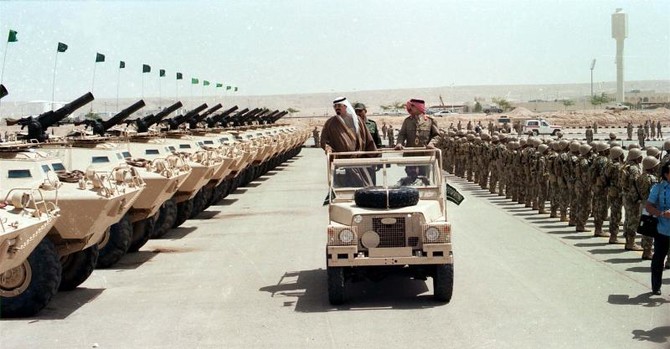
The GCC established the Peninsula Shield Force in 1984 to deter and respond to aggression against member states. In 2011, it deployed 10,000 troops to Bahrain to contain an uprising and support the Bahraini leadership. (SPA)
Since the GCC’s establishment, it has achieved gains in various fields. Talks have focused on the need to enhance women’s participation, support their role, and enable them to participate effectively and influence society’s development, as well as be part of leadership positions and the decision-making process, emphasizing Islamic and Arab values and principles.
The GCC supported several activities in the cultural field that include visual arts, narration, poetry, cinema, theater, music, heritage and creativity.
In terms of political cooperation, the coordination of foreign policy is one of the essential aspects of the GCC’s work. This is based on several principles, including being a good neighbor; non-interference in internal affairs; mutual respect for the sovereignty, political independence and territorial integrity of states; and adopting the principle of peaceful dialogue as a means of settling disputes.
“The GCC, in light of the remarkable integration it has reached, is no longer a tool for enhancing the gains of our peoples only but has become a regional edifice that initiates the establishment of regional and international security and peace through its effective role in developing solutions and political initiatives for the countries of the region’s crises,” Bahrain’s King Hamad bin Isa Al-Khalifa has said.
Practically, it can be said that the GCC has managed to achieve many successes in foreign policy that contributed to maintaining security and stability in the Gulf region and supporting and serving Arab and Islamic causes.
Among the most important were the liberation of Kuwait, support for the Palestinian cause, as well as support for the stability and sovereignty of Syria, Iraq, Yemen, Lebanon and Libya.
Military cooperation between the Gulf countries has been characterized by intense work in building and developing defense and security forces. Cooperation has developed qualitatively and quantitatively since the formation of the council.
“We will continue with our brothers, the leaders of the GCC countries, to contribute to advancing the process of cooperation between our countries to achieve the hopes of our peoples, and to push the achievements of the GCC forward,” Sultan of Oman Haitham bin Tariq Al-Said said.
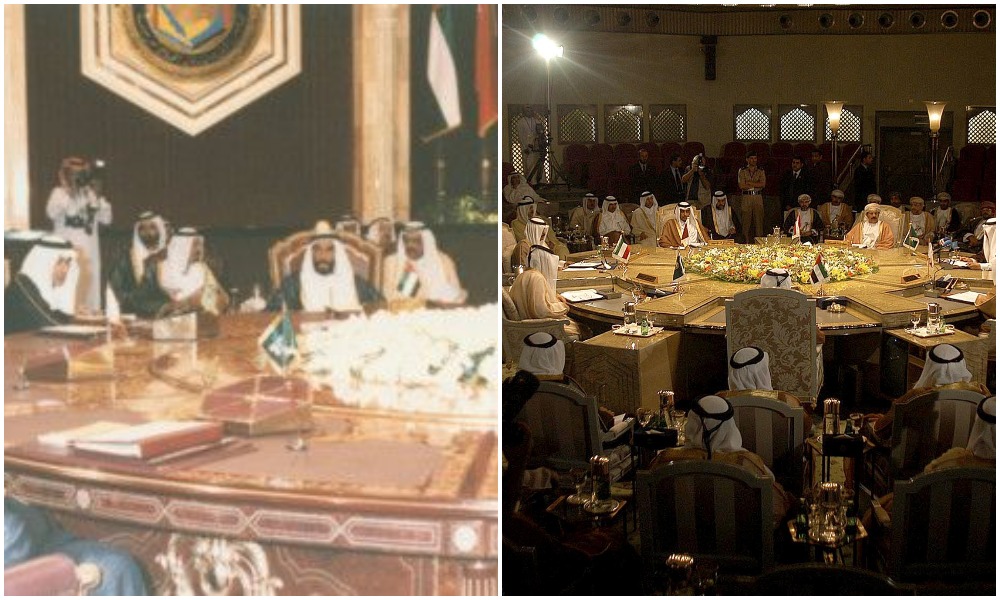
At the 1998 GCC summit in Abu Dhabi (L), members agreed to hold semi-annual consultative meetings between summits to further enhance cooperation. At a consultative meeting in Kuwait in 2004 (R), the interior ministers of all six states signed a counterterrorism pact to boost intelligence sharing and coordination between security agencies. (WAM/AFP)
The presence of joint military forces for the GCC states is one of the important foundations for establishing a joint defense system that aims to provide security to protect the GCC states, defend their independence, and protect their capabilities and gains.
In 1982, the Gulf states formed a joint military force, the Peninsula Shield Force, to deter and respond to military aggression against any GCC member countries.
Security cooperation during the course of the GCC has included the signing of many agreements, memoranda of understanding and cooperation, and letters of intent.
Several specialized committees and technical work teams have been formed in various fields of security coordination and cooperation, and many centers and missions have been established to support and enhance the process of Gulf security cooperation.
Unity is one of the main objectives of the GCC, and during the 41st summit (Sultan Qaboos and Sheikh Sabah Summit), the subject of common destiny was emphasized, with the signing of the AlUla declaration ending a Gulf dispute with Qatar.
The AlUla declaration aims to enhance cohesion among member states, ensure the return of joint Gulf action to its normal course, and achieve the aspirations of the citizens of the GCC states in the face of any threat to any of the GCC states.
“The unity and integration of the GCC states, and the strengthening of consultation and cooperation among their leaders, are indispensable conditions for strengthening the security and stability of the region, as well as for achieving economic growth and cooperation in all fields, and this is the subject of the consensus of our peoples and society,” said Qatar Emir Sheikh Tamim bin Hamad Al-Thani.
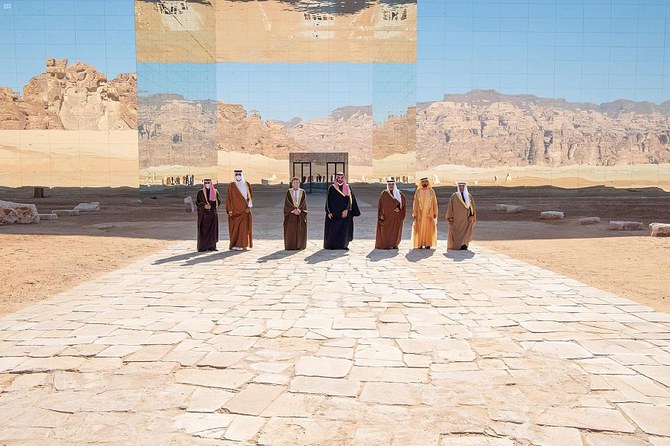
In Saudi Arabia’s northwestern city of AlUla in Jan. 2021, GCC members signed a special declaration agreeing to mend relations with Qatar and committing to stronger security cooperation. (Supplied)
The AlUla summit is considered one of the important events in the history of the GCC, after the restoration of relations between the countries.
The declaration “strengthens the bonds of friendship and brotherhood among our countries and peoples to serve their aspirations,” Crown Prince Mohammed bin Salman said earlier.
“I hope that together we can support our joint Gulf and Arab action to preserve our gains and achieve the hopes and aspirations of our peoples. I pray to the Almighty Allah to preserve our homelands and achieve wellbeing for our peoples,” Kuwait Emir Sheikh Nawaf Al-Ahmad Al-Jaber Al-Sabah said.
Ahead of the 42nd GCC summit, the Saudi crown prince visited all five GCC allies in the past week, one of the most important visits to strengthen the ties between the Kingdom and the Gulf countries.

























